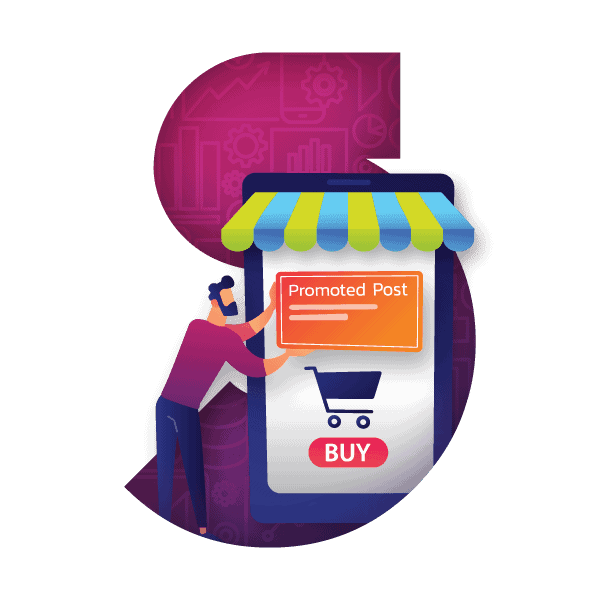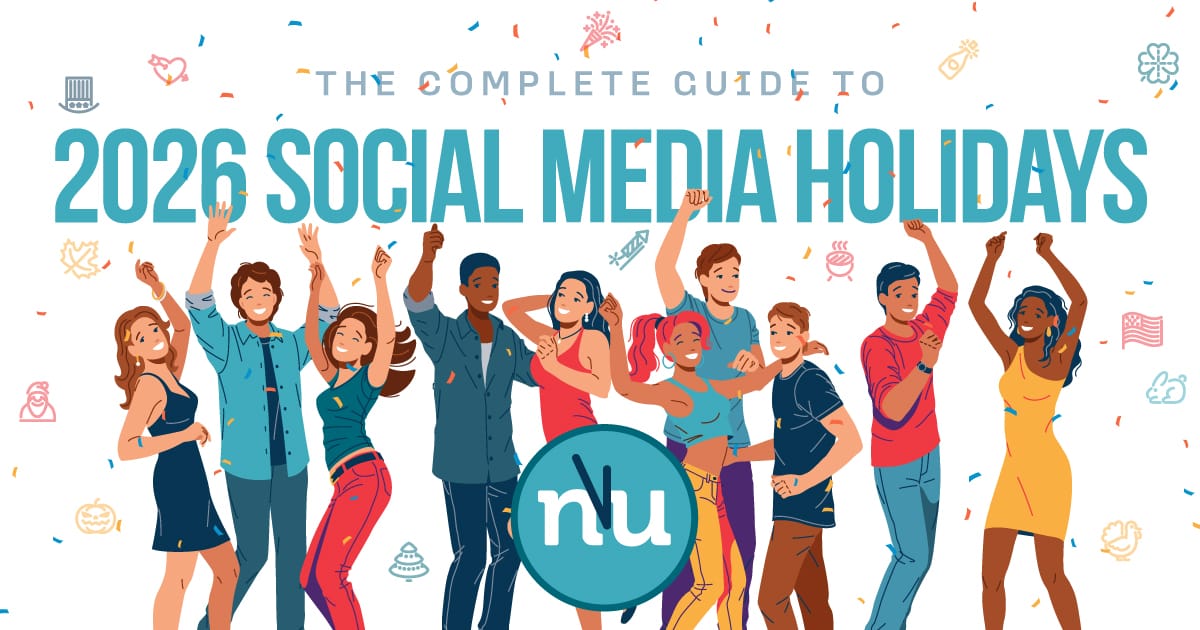
Is there anything more insufferable than a self-proclaimed "social media expert" posting some ridiculous quote like "Be the hashtag you want to see in the world?" I submit that there is not. If you're like me, then you hate reading social media how-to guides because they all fundamentally say the same thing in a voice that suggests the writer has been a social media savant since they were a toddler. It's always self-serving and does very little to actually provide help to those who need it. Every digital marketing agency worth their salt will tell you that marketing brands and businesses on social media is different for each client and that while there’s no magic bullet for success, there are broader social media strategies and methodology to tip the scales in your favor.
It's with that in mind that I offer you an A-Z guide to the basics of social media for brands and businesses. A little hypocritical given the previous self-righteous (and frankly a little pretentious) paragraph? Sure. However, in a world where social media platforms change almost daily, these tips should be more useful than wasting your time reading some self-aggrandizing, idiom-riddled blog that’s more difficult to read than a James Joyce novel translated into Sanskrit.
Analytics Should Influence Content
The best asset at your disposal when managing social media for brands or businesses is data. Not only can data tell you what’s working and what isn’t, you can also use it to ascertain how future posts will perform and whether your audience will be more inclined to convert to customers. At Nuera, we like taking risks on social media for our clients, but they’re not really risks because all of the social media content decisions have been informed by analytics.
Branding Should Be Consistent
Calls to Action
Diversify Your Content
Engage Everyone
Find the Best Times to Post
It should be obvious that posting at 2am on Facebook won’t result in the same volume of engagements as a post at 1pm. However, there are certain times a day when your audience is most active on each platform, so experiment with different times on different days or subscribe to social media management software to determine optimal posting times by day and platform. We use a whole suite of software for social media management, but prefer to use RivalIQ to help us determine the best times to post as the service is able to glean and crystalize data from an entire competitive landscape vs. just your social account(s).
Grow Your Audience
Hashtags are Helpful(...Most of the Time)
Ignore the Urge To Tell People What You Really Think
Look, it’s going to happen. Someone will leave a review or comment that is either demonstrably untrue or so asinine that you’ll want to point them to the nearest lake for which they can kindly jump. They may be stupid but that doesn’t mean you have to be as well because a measured, thoughtful response will be viewed by other members of your audience as indicative of a commitment to quality customer service in the face of seemingly limitless idiocy. There are also measures you can take to have the reviews removed which we wrote about here.
Joke Around When You Can
Keep Up with Your Competitors
Listen to Your Audience
Measure Results
All social media platforms offer analytics to review and there’s no better way to know what works than to actually, you know, check the numbers. At Nuera, we use a product called Sprout Social that allows us to view a variety of analytics and metrics from all social media platforms.
Never Assume Your Audience Knows Everything About You
Optimize for Each Platform
Profiles Should be Updated Constantly
Question Your Audience
Reviews Should Always be Turned On
Don’t ever turn reviews off unless it’s for a short period of time because prospective customers often read these to determine whether to patronize your business. We already wrote about how to respond to negative reviews, but it’s also important to respond to every review to show that you’re listening to and acknowledging everyone who takes the time to write one.
Spend Money on Social Ads
Targeting Correctly Makes All The Difference
Getting your brand's message in front of the right people is almost as important as the post itself. You could write the greatest social media post in the world but if the people seeing it aren't the most inclined to actually convert to customers, does your post really make a sound?
Ubiquity Can be a Bad Thing
Visual Components are Absolutely Necessary
Write in a Consistent Brand Voice
Your audience is not stupid (ideally) and can identify fraudulent and insincere messaging very quickly. Figure out what you want to say and how you want to say it, and then use the voice and tone that seems most resonant as you move forward. This guide we wrote will help you with cultivating the most resonant brand voice for your brand or business.
X-Ray Vision
Your Brand or Business Does Not Have to be on Every Social Media Platform
Zoom Out
It can be tough to see the forest from the trees when you’re posting content to an account on a daily basis. Take some time each month to review the data to see what works, solicit advice and opinions from people you know and trust, and ensure your social media strategies align with and strengthen your overall brand direction.
While these tips should prove helpful as you manage social media for brands and businesses, they are by no means exhaustive. Every social media platform comes with its own set of nuances, rules, and idiosyncrasies that take years to master. At Nuera, we’re constantly altering and evolving our strategy to account for the changes to each social media platform that occur every single day. It’s a lot of work, but following the basic tenets of social media strategy listed above allow us to be positioned to be successful and evolve along with the social media platforms.
P.S. If anyone tells you to be the hashtag you want to see in the world then feel free to laugh in their face and then run as fast as you can in the opposite direction.



























